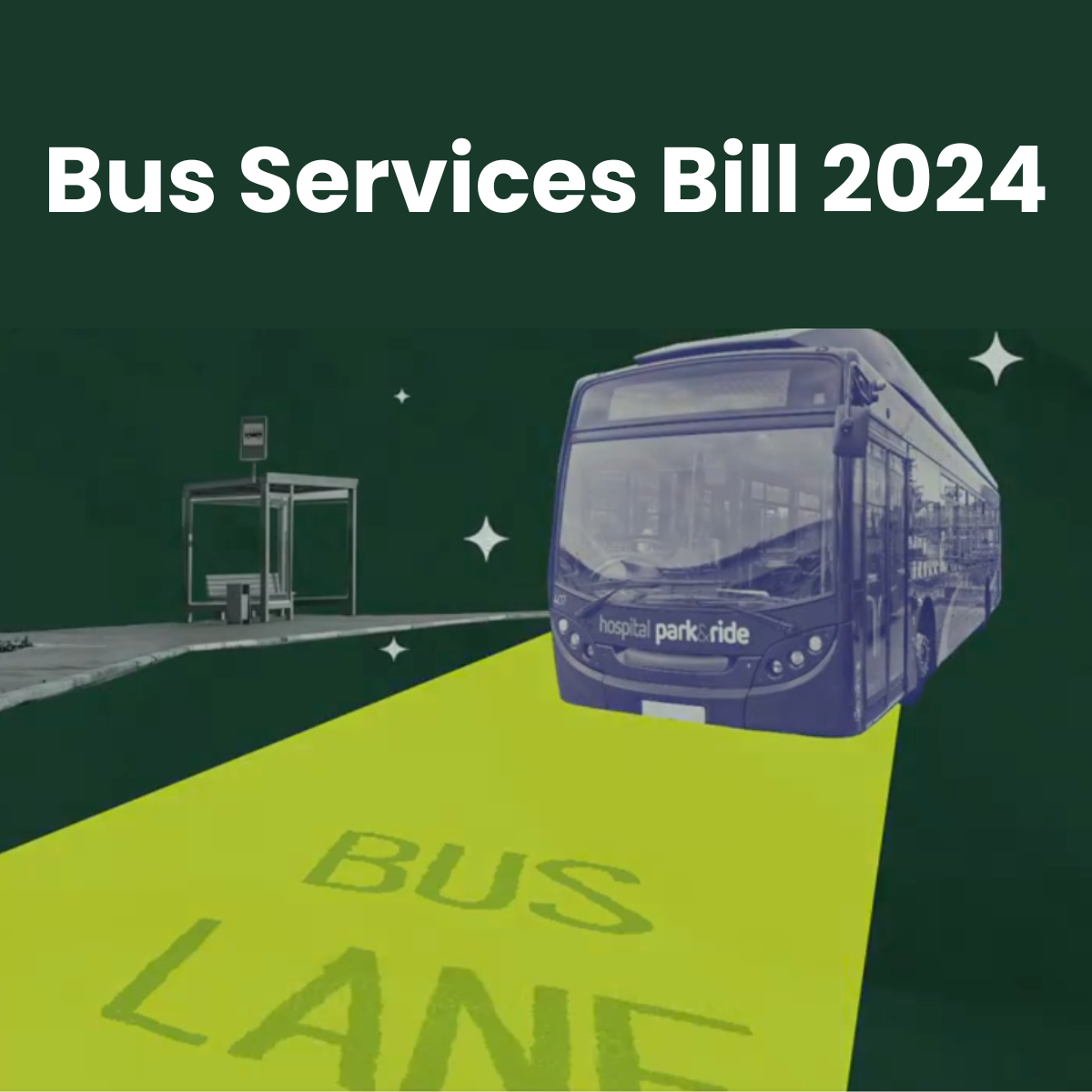
On December 17th, the House of Lords introduced the Bus Services Bill. In England, the Bus Services Bill is legislation designed to improve bus services, focusing on issues like funding, accessibility, and coordination between local governments and bus operators. This follows the government’s recent £1 billion investment in helping to end the postcode lottery, (keeping fares down, protecting rural routes, and delivering reliable services).
A key takeaway from the new bill is the removal of the ban on local authorities establishing their own bus companies. This change permits councils to operate services directly or collaborate with private operators, providing flexibility to tailor services to local needs, particularly in communities. Additionally, the bill mandates that “lifeline” bus services cannot be changed without a council review. “Lifeline” referring to bus routes even within communities—especially those in rural or underserved areas—retain crucial connectivity. All bus routes should have a priority and not just within busier areas.
What does this mean for bus network planning and analysis in the future?
The new bill includes measures to ensure operators share performance and demand data, making it easier for authorities to plan and improve services. As the world adapts to AI, the new data local authorities can gain will enable the adoption of enhanced transport modelling techniques to optimise routes and identify service gaps. This will lead to a continued increase in investment in digital infrastructure and analytics. Podaris is already supporting several local authorities around the UK who slowly started to go through the process of taking more control of their networks such as the Cambridgeshire and Peterborough Combined Authority and Liverpool City Region Combined Authorithy.

In addition to advancements in data and technology, authorities will need to plan multi-modal transport networks that consider rail, cycling, and buses. This includes the implementation of franchising models, which will establish clear frameworks for route planning and performance monitoring. This touches on topics that were mentioned in the Integrated National Transport Strategy that was released back at the end of November. The strategy mentioned the push for the promotion of walking and cycling, as well as facilitating efficient integration across all different types of modes, making trips more effective.
We believe this presents an opportunity for local authorities to reimagine bus services as part of a modern, integrated public transport system. However, the success will depend on developing local capacity and skills, fostering collaboration, and embracing innovative planning and analysis approaches. Moving forward, this represents both an exciting challenge and a chance for planners to contribute to more sustainable and efficient transport networks.
Would you like to understand how Podaris can help your authority adapt? Get in touch